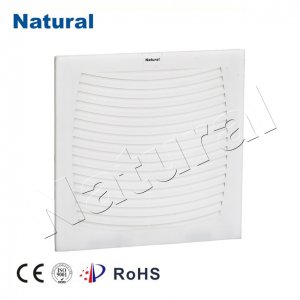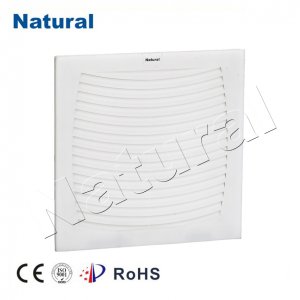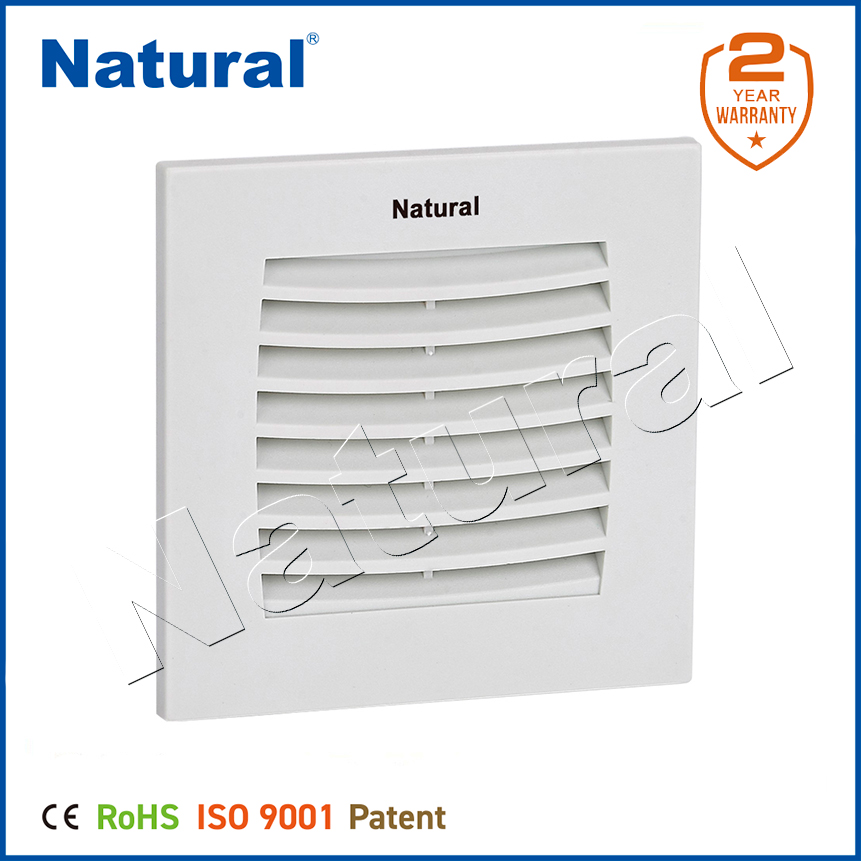Fan filter exhaust systems play a crucial role in maintaining air quality and ensuring the safety of environments where controlling airborne contaminants is essential. These systems are employed in various industrial, laboratory, and healthcare settings to filter out harmful particles, bacteria, and gases from the air, while simultaneously expelling clean, filtered air to maintain optimal working conditions. This article explores the functionality, types, and significance of fan filter exhaust systems.

Understanding the Fan Filter Exhaust System

A fan filter exhaust system is essentially a combination of a fan, filter, and exhaust system, designed to remove contaminants from the air and expel clean air from a designated space. The system consists of three key components: The Fan: The fan is responsible for creating airflow within the system, drawing air into the filtration unit and pushing it through to the exhaust outlet. The Filter: Positioned between the fan and the exhaust, the filter serves as the primary means of removing harmful particles from the air. Depending on the application, various types of filters are used, such as HEPA (High-Efficiency Particulate Air) filters, activated carbon filters, or even UV sterilization filters.
